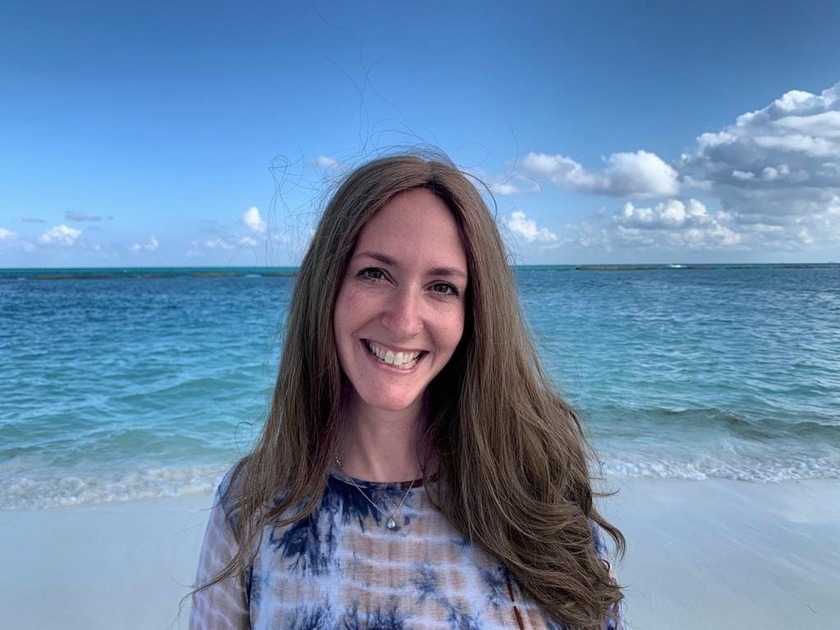“I’m so happy and grateful- his Rebbe said he’s a meyuchad, a lamdan, really something special.”
“I just want to do whatever is best for my husband’s learning.”
“This is a good job for a working mom- it’s my privilege to support my husband’s Torah.”
“As long as we can, we’re hoping long term.”
“It’s a zechus for me, for our future children to have a chelek- it’s the battery that powers the world- im lo brisi..”
“It infuses our home and lives with kedusha.”
“He needs to rest- Gemara is mentally draining when you do it properly.”
“Of course- night seder is important.”
“I’m tired at night, but I want to be there for him..”
“Do you by any chance give a discount? My husband is in learning..”
“I’ll get up with the baby- you need to keep your head clear for morning seder.”
“I’m just gonna take on a few more hours to cover the babysitting costs.”
“I didn’t know they were allowed to raise the rent.”
“We live by bitachon. Tzintzenes haman. Nikneis b’yesurin.”
“Having things doesn’t make you happy. Torah is all we need. Bread in salt..”
“I wouldn’t ask him to run errands- every minute away from learning is bittul Torah. I’m his ezer.”
“Some people just don’t have the right priorities- an idealistic life requires mesiras nefesh.”
“Maybe we could ask my parents to help.”
“I’m so glad he’s doing this- I can’t remember the last time I davened or learned.. not my tafkid.”
“The kitchen is my beis medrash.. like the avodas hakohanim.”
“I don’t need new clothes, but how long can I push off a root canal?”
“Everything is so expensive.”
“Strep again? I can’t keep missing work like this..”
“Birth control is be’dieved.”
“I keep working more; why do we seem to have less?”
“I know I believe in this, but why am I so numb?”
“This is a Torah-centered life. I need to be stronger.”
“This is what we signed up for- no one said it’s easy.”
“I’m not sure how much longer I can do this..”
“Even if he went to work- what would he do?”
“I feel like the kids are losing out.”
“We hardly see each other- I don’t even know how he feels about all this.”
“I don’t even remember who I am anymore..”
There is tremendous shame for kollel couples who are struggling with their lifestyle. Kollel usually begins with confident, positive energy and a sense of possibility. There is an expectation to be a kiddush Hashem, an inspiration to others. To refute the nay-sayers, and promote idealism. But often it gets to a point where it’s just not working. Sometimes it’s the wife who hadn’t realized how difficult this poverty prerogative was going to be. Sometimes it’s the husband who starts to burn out from the pressure. It’s especially challenging when one spouse becomes disillusioned and the other doesn’t. I know because it comes out in couples therapy… A LOT. And this is just for the “lucky” couples who manage to find the time, money, and honesty to go for help.
Many Yeshivas and seminaries inspire/ indoctrinate young people with the ideology that the most or only authentic way of serving G-d is within a kollel lifestyle. They rail so emphatically about the unimportance of money, that they forget to tell you about the importance of money. (That is- until dinner season, or when you ask them for a tuition reduction- then they are generally willing to acknowledge the necessity of money.) Some couples manage more easily than other due to financial and/ or practical “help.” Help meaning- getting money and/or favors from others. That sometimes comes with complications, and sometimes it doesn’t come at all.
I’m sure there will be happy, thriving kollel or former kollel couples who come across this post, and react defensively: “What are you talking about? It worked so well for us! It’s not that hard, and even when it is, it’s our joy and pleasure to sacrifice for our beliefs.” Yay for you. Sincerely. Glad it's working for you and hope you continue to thrive. But that doesn't make you superior. It's sort of like telling people with infertility- “But it’s so easy to have babies! Look how many we have..” (Ok- not a perfect analogy- but you get the point. Just cuz it works for some, doesn’t mean it works for all.)
If you are stuck in a rut of kollel burnout, please: don’t suffer in silence. Acknowledge your experience and your feelings. Bring it up to your spouse- kindly, respectfully, but assertively. Bring it up again, if it doesn’t get resolved the first time. And again- not in a nagging, bitter way- but solution-focused. Speak to professionals or mentors that can help you evaluate your needs and options. There are even many Rabbis within the system who can validate and strategize, for those who need to make a change. It’s not a “yerida” to take care of your family. There are many ways to serve G-d; health, joy, abundance, responsibility, and collaboration should be among the foundations.
Check out my new course!
A Religious Families Guide to Healthy Holy Sex Education: Sacred Not Secret
Elisheva Liss, LMFT is a psychotherapist in private practice. Her book, Find Your Horizon of Healthy Thinking, is available on Amazon.com. She can be reached for sessions or speaking engagements at speaktosomeone@gmail.com More of her content can be found at ElishevaLiss.com
 Previous
Previous

